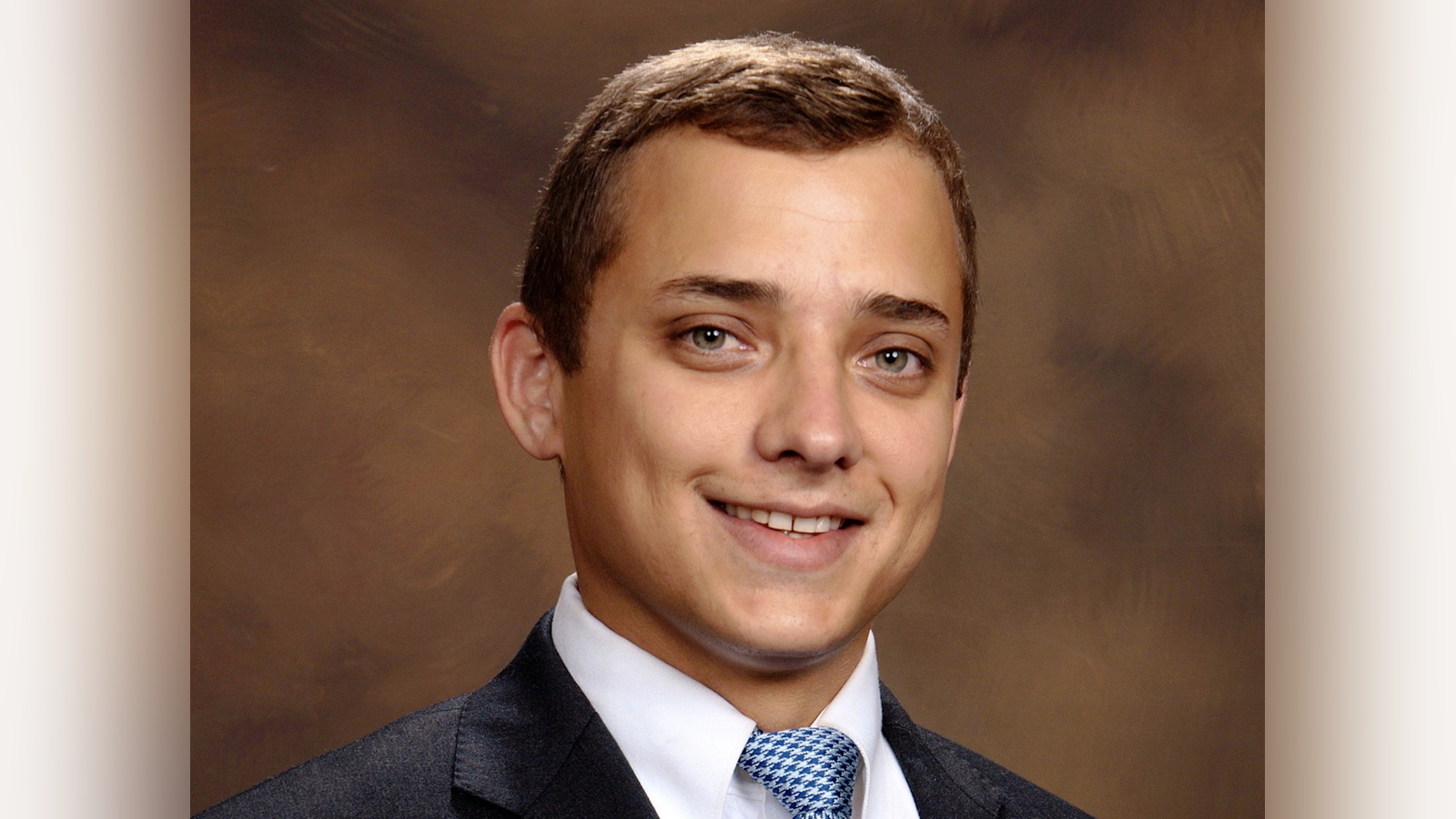As the House and Senate continue to disagree on the best avenue for property tax elimination, Texas State Rep. Briscoe Cain of House District 128 voiced the need for not only relief, but reform. According to Cain, relief should be achieved through compression of school maintenance and operations (M&O) property taxes and reform should be achieved by limiting local spending.
"That’s why I filed HB 985 (and HB 5 in the first C.S.) to eliminate school maintenance and operations property taxes over 10 years. But don’t forget that if we do not rein in local spending (and debt)—local taxes will continue to soar," Cain said in a June 10 Twitter post.
Cain filed House Bill 5 during the Texas Legislature special session and House Bill 985 during the regular session. Both bills relate to reducing school district maintenance and operations ad valorem taxes, which are based on the assessed property value, through the use of certain surplus state revenue.
Part of Texas Gov. Greg Abbott's agenda includes reducing school M&O taxes.
"Property tax exemptions begin to evaporate after a few years of increase in home valuations. What we need to do is eliminate the school M&O property tax altogether. That’s my plan," Abbott said in a June 10 tweet.
On June 2, Abbott joined the Texas Public Policy Foundation (TPPF) at a fireside chat to recap the major achievements in the 88th regular session and to discuss priorities for all that’s to come in special session No. 1, according to a press release from the Office of the Governor. At the event, the governor echoed what is mentioned in TPPF’s plan for property tax relief and vowed to completely eliminate property taxes in the state of Texas.
TPPF’s proposed plan aims to eliminate the school maintenance and operations property tax gradually, which currently constitutes a significant portion of the local property tax burden. Compression is their main priority and the plan suggests utilizing surplus funds from general revenue-related sources at the state level to gradually reduce the school M&O property tax. This approach ensures that top priorities like public education continue to receive adequate funding. Most importantly, TPPF said its proposal does not involve lowering one tax only to increase another. Instead, the state would increase its contribution to public education funding, while taxpayers would be protected from excessive spending.
TPPF also believes tax relief and proper reform go hand-in-hand. According to an early 2023 publication from the group, ideal reform would be achieved by limiting local spending increases to population and inflation. They strongly believe that pairing this type of reform with property tax relief "will make Texas more competitive economically and more affordable well into the future."
The Texas House and Senate still have yet to reach an agreement as to the best route toward elimination of property taxes. During the regular session, the House’s plan for property tax relief prioritized compression and appraisal caps, while the Senate’s plan prioritized compression and homestead exemptions, as Rep. Dustin Burrows, who represents Texas House District 83, pointed out on Twitter. After the two Chambers failed to come to an agreement and the Senate rejected the House’s second proposal of an all-of-the-above approach (which included compression, exemptions and appraisal caps), the governor offered an alternative plan. His plan included neither appraisal caps nor a homestead exemption, but was instead for compression only, a mechanism both chambers relied heavily upon in their original plans. However, the Senate has rejected it and is demanding the House pass its original plan, as filed. The governor’s plan has been passed in the House but has yet to be referred in the Senate, Burrows said.

